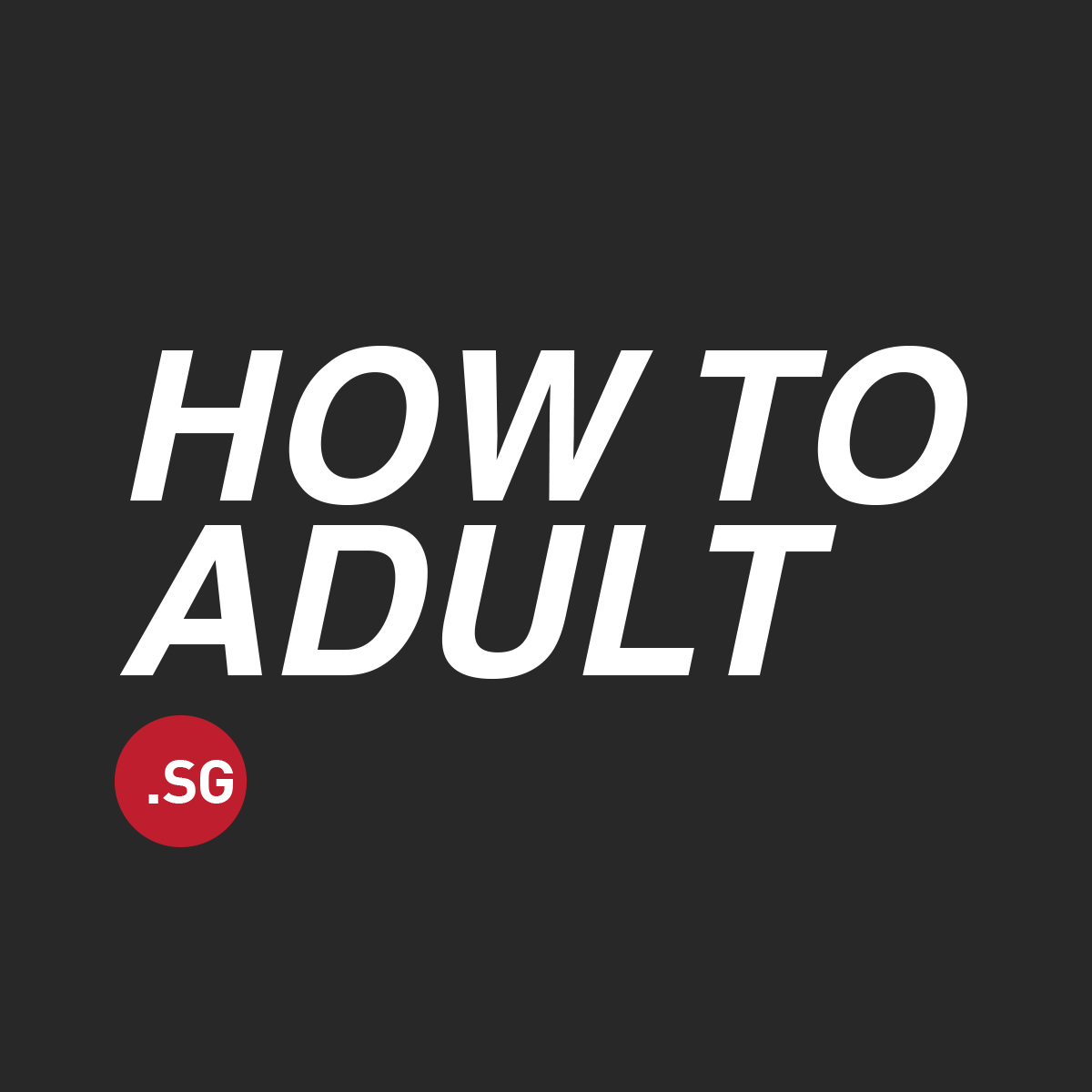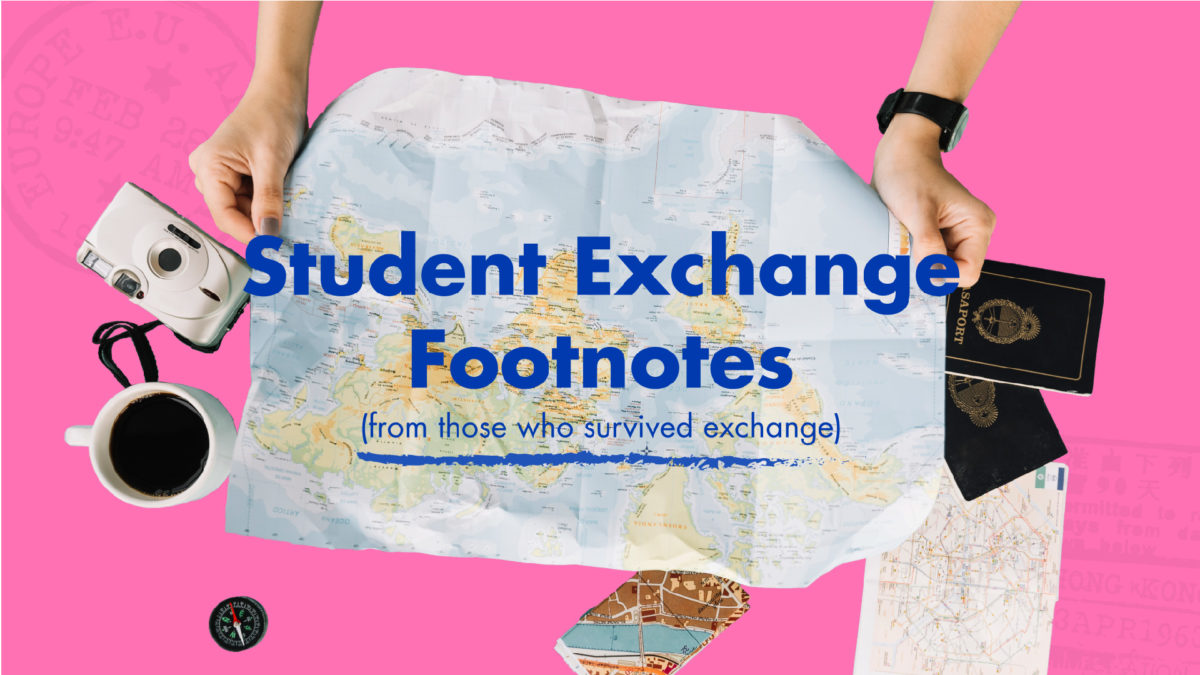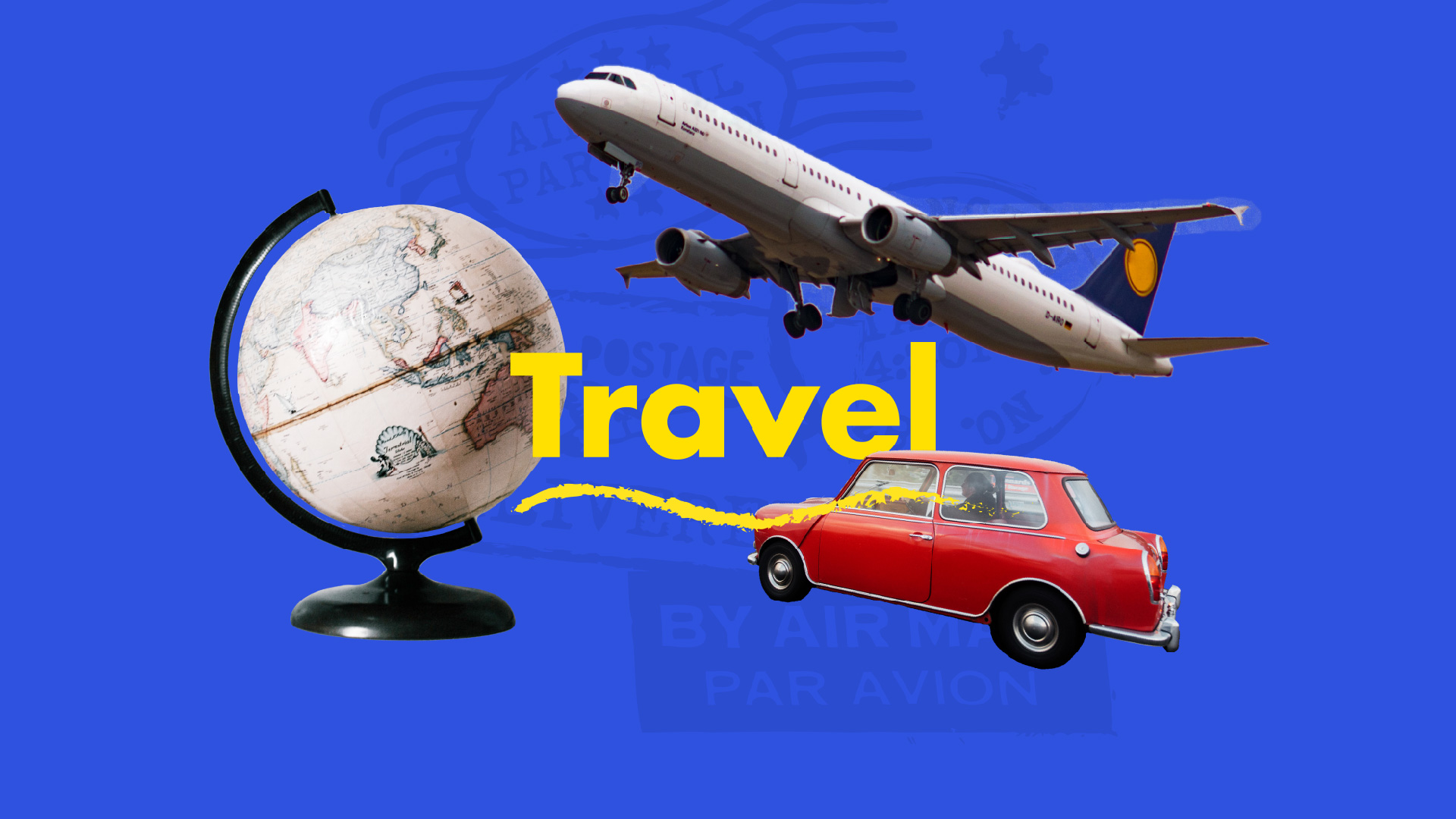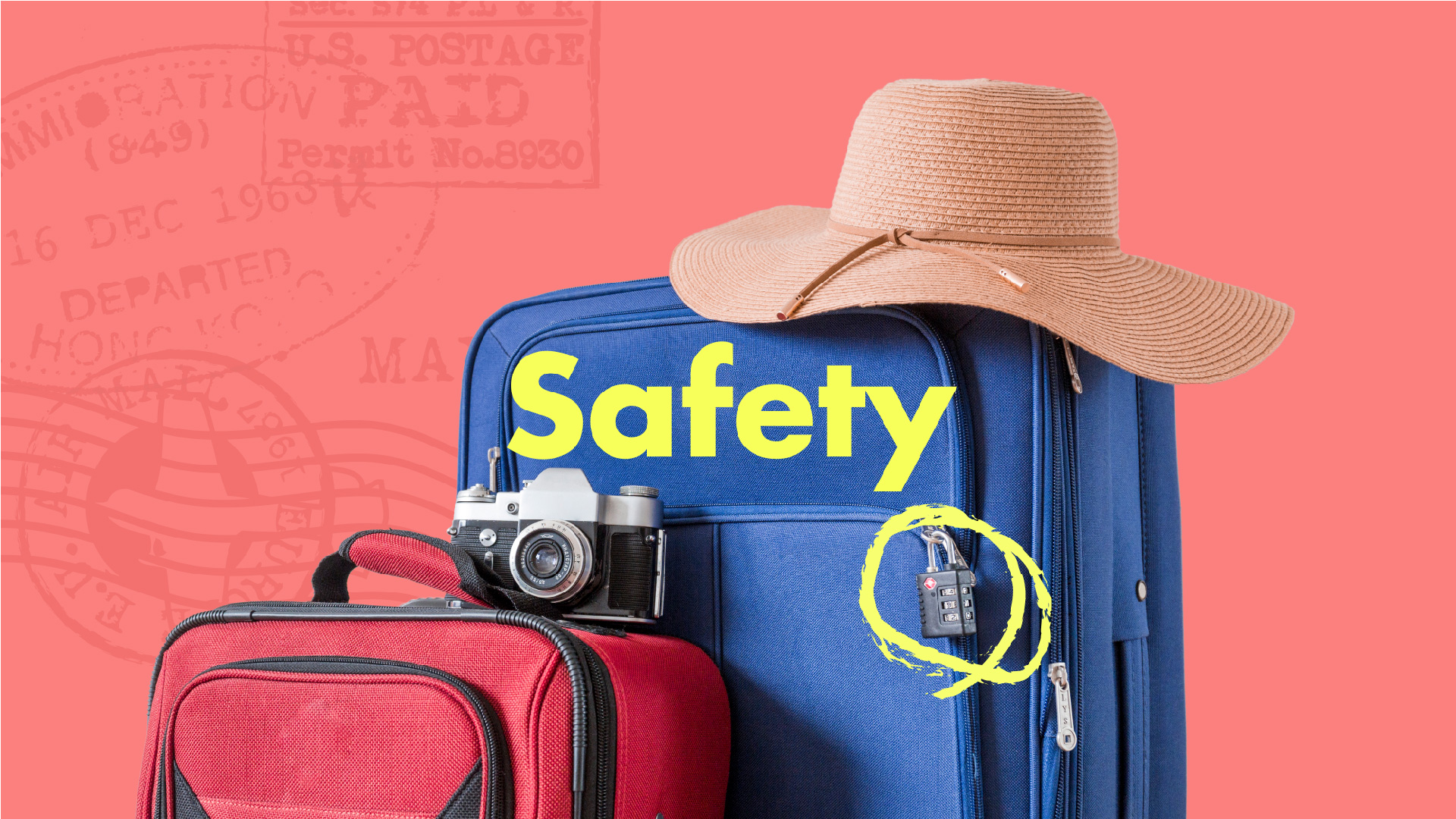Exchange, for many young adults in Singapore, is the first time you truly experience independence. Even when serving national service you’ll be home almost on a weekly basis but on exchange, you’ll be out of your comfort zone for at least half a year!
Chances are you won’t be holed up in your country of exchange for the whole six months. You’ll probably be doing more travelling than you have ever been with weekend trips, road trips and quite a fair bit of country hopping. So these are some travel tips the exchange survivals have accumulated over the years.
Toiletries
When packing for exchange, there’s no need to waste your baggage space on toiletries. Many of the daily necessities can be bought after you land. However, you do want to pack at least a handy toiletry bag along with all your travel sized containers for your shorter trips ahead.
A good toiletry bag is one that can hang and allow for easy access to your toiletries while showering. It makes all the difference if you are crashing at hostels where the showers are small and shared (think public swimming pool showers).
Bank IB device
It’s usually neglected when you pack for travels. But if you will be abroad for at least half a year it is best to pack your IB device too. Your phone number will be a local one so this is the best way for you to make any iBanking transactions.
Be Ready to Rest Anywhere
You’ll be spending a lot of time travelling, so it really helps to invest a little to make yourself comfortable on the road. This means a good neck pillow, reliable ear-plugs and eye mask. A solid sleeping bag will also be a good addition in case you need to camp overnight at an airport or even in a rented vehicle.
Renting a Car
A car can make travelling a whole lot more convenient. However, this will probably be one of your first time renting a car overseas so there are a few things to look out for.
It’s best to avoid rentals at the airport as you’ll end up paying a premium for the added convenience. Also, it is usually cheaper to book in advance rather than walk-in.
Next, when comparing prices, you should also check if the price includes insurance and what are the excess charges like. Excess is basically the additional amount you pay on top of insurance coverage if the car is damaged. You’ll want to make sure that the price applies to drivers under 25 too. Many car rentals charge a premium for younger drivers as they are statistically more likely to damage the cars.
Also, keep an eye on the fuel policy and ideally it should be a full tank out/ full tank in policy rather than full tank out/ empty tank in. Since it’s technically impossible to return with an empty tank, you are technically paying a premium for unused fuel. Full tank out/ full tank in ensures that you only pay for the fuel you use. To further reduce cost, try to use substitutes like your smartphone for navigation as add-ons like GPS usually come at an inflated cost.
Payment is usually done by credit card so make sure you have one at hand before you enter. Once you’ve finally got access to a car, do also clarify how the toll system works as you might have to pay toll at certain borders. Most simple toll booths can be settled by cash but some systems are digitized and require cards or registration.

Being on exchange will be expensive unless you are in Southeast Asia. However, there are quite a few things you can do to minimize unnecessary cost and instead spend on things that add value to your experience.
Student Visa
Your student visa will be imprinted on your passport and it’s your key to student prices, discounts to places of attractions and even free entry to museums! However, the approval process can take a while so give yourself at least a 3-month head start just in case.
If you are not required to get a student visa, consider applying for an international student card instead. This card comes with many perks as well giving you discounts on travel, accommodation and even car rentals!
YouTrip
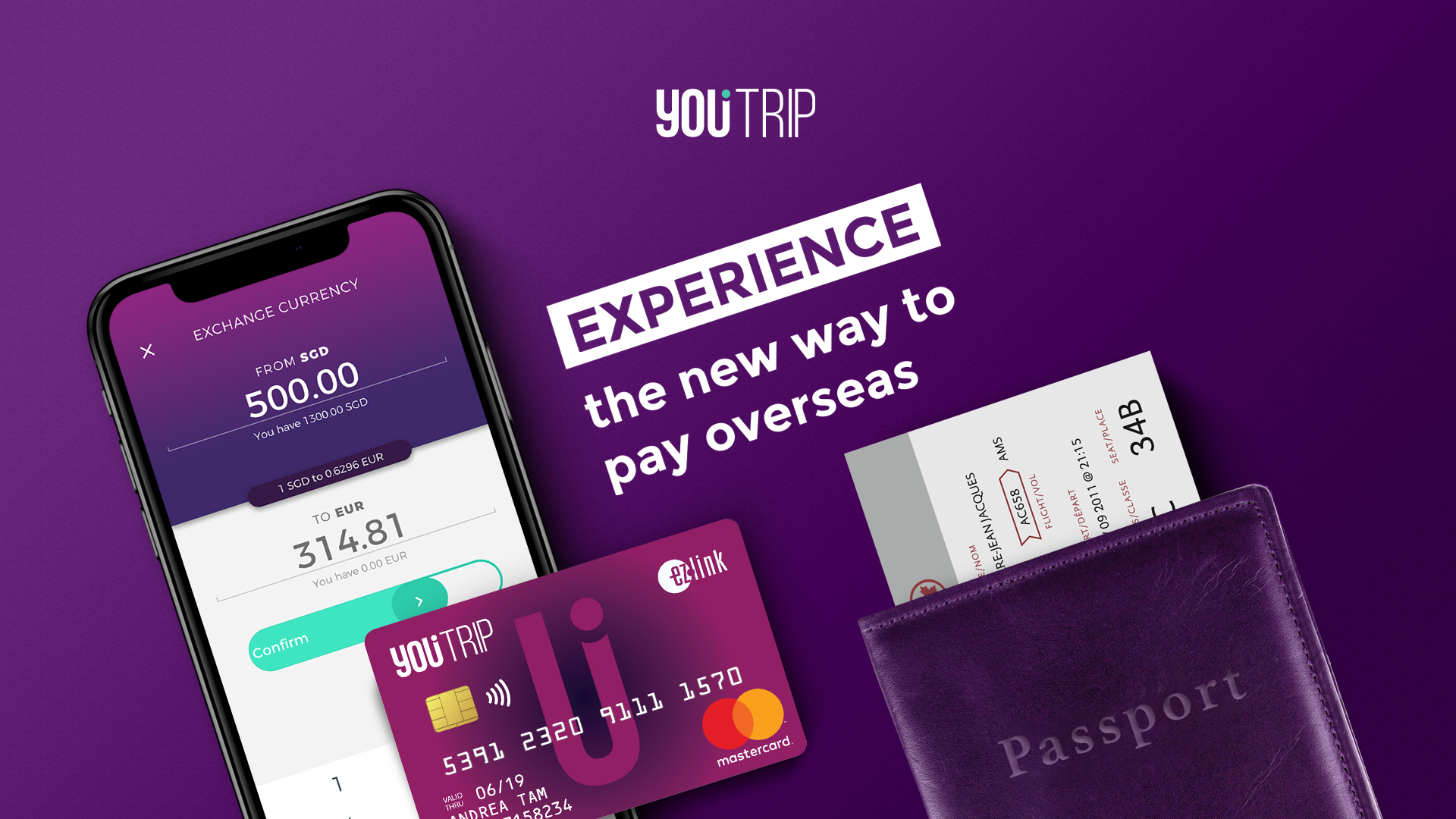
As we mentioned previously, YouTrip is our go-to recommendation for paying by card while overseas because it allows you to bypass the usual 3-5% hidden charges that debit and credit cards charge when you pay overseas. While it is a small sum per purchase, it can really add up over 6 months!
It works as a multi-currency mobile wallet and exists as an app and a physical card linked to Mastercard. So all you have to do is top up money in the YouTrip mobile wallet and you can pay without fees or markup at any shop that accepts Mastercard in 150+ countries. Yes, ZERO fees.
If you will be using any of these currencies: SGD, GBP, EUR, USD, HKD, JPY, AUD, NZD, CHF, SEK, you can also exchange currency in-app at wholesale exchange rates (the same rates large corporations use for large volume transactions) basically paying at a conversion rate close to what you actually see on google! It saves you a substantial amount of money throughout your study exchange, as compared to using credit or debit cards.
Flea Market
Settling in upon your first few weeks, you’ll probably have to go shopping for many daily necessities. Before you go on a spree at the mall, give the flea market a shot first, especially if you are in Europe.
There are often several flea markets in every city that sells quality second-hand goods at a fraction of the price. This could get you all equipped for your stay at a much lower budget.
Winter Wear
If you’ll be spending winter in your country during exchange, skip the winter wear shops in Singapore and buy it when you are there! It’ll make for more breathing room in your luggage and best of all, it is much cheaper when buying winter wear in a country where winter actually happens.
Flight Tickets
Knowing your destination way ahead of time gives you a good chance to get flight tickets at its best price. Keep a look out for promotions or get an idea of the best dates to depart with flight trackers like Google Flights and Sky Scanner.
Alternative Transport
Trains and planes are the most obvious choice when exploring neighbouring countries while on exchange. However, they are also more expensive options. If you are based in Europe or a country where surrounded by land borders, you can save quite a bit by opting for cross-border ride-sharing services or buses instead. Alternatively, if you are moving as a group, renting a car might be the most convenient and value-for-time option.
Travel at Night
Overnight travel might not be the most comfortable, but you’ll be able to save on a night’s accommodation and pack your itinerary more efficiently. As mentioned above, make sure you are well equipped to rest on the go!
Culture is a matter of balance. It isn’t about setting up a mini-Singapore in a foreign land nor is it losing your identity and coming back with a new accent. It is important to keep an open mind to new cultures and experiences while remaining connected to your Singaporean favourites.
Asian Supermarket
Take note of where the Asian supermarket is in your city. It’s likely that at some point during exchange, you’ll be craving chicken rice, laksa or even Maggie mee and your best odds of making it happen will be at the Asian supermarket.
A Taste of Home
While the Asian supermarket will have some iconic Asian ingredients, it’s not a Singaporean supermarket afterall. So pack along your must-have condiments like your chilli sauces (sambal, belacan, garlic chilli anyone?) and local spreads like kaya. Many exchange students swear that after months of new flavours and experiences, it is still a taste of home that keeps them going.
Beyond condiments and spreads, rice is another big must-haves for Singaporeans on exchange. Especially if you are in a western country. While it is still possible to simply cook rice in a pot, a rice cooker makes it so much easier. Ideally, we’d recommend a microwave rice cooker as it is more portable and suitable for smaller quantities. Read more about your rice cooking options here!
Join Free Walking Tours
Many cities have groups that organize walking tours where you only have to pay the guide on a pay-as-you-wish basis. It’s best to book one on your first day in the city, to orientate yourself to key locations. Also, use the chance to ask your guide recommendations and tips that only a local would know.
Local language
Knowing the local language, even if just a little, can go a long way. It makes it easier for you to make friends with the locals, read simple signs and becomes especially important during emergencies.
There are quite a few language learning apps like Duolingo that helps you learn a language as painlessly as possible. Give yourself a comfortable three months to warm yourself up to the basics and you should be good to go!
Local Culture
Situations where unintentional misunderstanding makes for great stories and comedy unless it’s happening to you. Be sure to read up on any unspoken rules or common practices in your destination before you head over. This would be especially important in high context countries like China and Japan where there are many invisible norms.
You might be able to leave your bags on the chair while you leave to order food in Singapore but most of the world don’t have the same privilege. As a foreigner, you’ll more likely be the target of scams and theft, so it really pays to be more vigilant while on exchange.
Theft-proof yourself
There are many ways to make yourself a much harder target for thieves. Start by concealing your valuables with travel belts and clothing with inner pockets. Out of sight, out of reach!
Next, you’ll want your travel bag to be theft-proof, meaning it should ideally be slash resistant, has RFID-blocking technology, secret components and locking zippers. This is especially important if you’re staying in hostels where you will be sharing the room with strangers.
Walk Smart
If you can, move in groups, especially at night. More importantly, stay away from the curb to avoid snatch thieves on bikes. This is pretty common sense, but we feel it’s important to iterate still, given the number of exchange students who have become victims of snatch thieves.
These are travel tips specific to exchange and should have you more than ready for the 6 months abroad. To complete your preparations, check out this general travel checklist that covers everything from offline maps to MFA notifications.
If you have any other travel tips or want us to look into anything adulting write in to us at hello@howtoadult.sg

